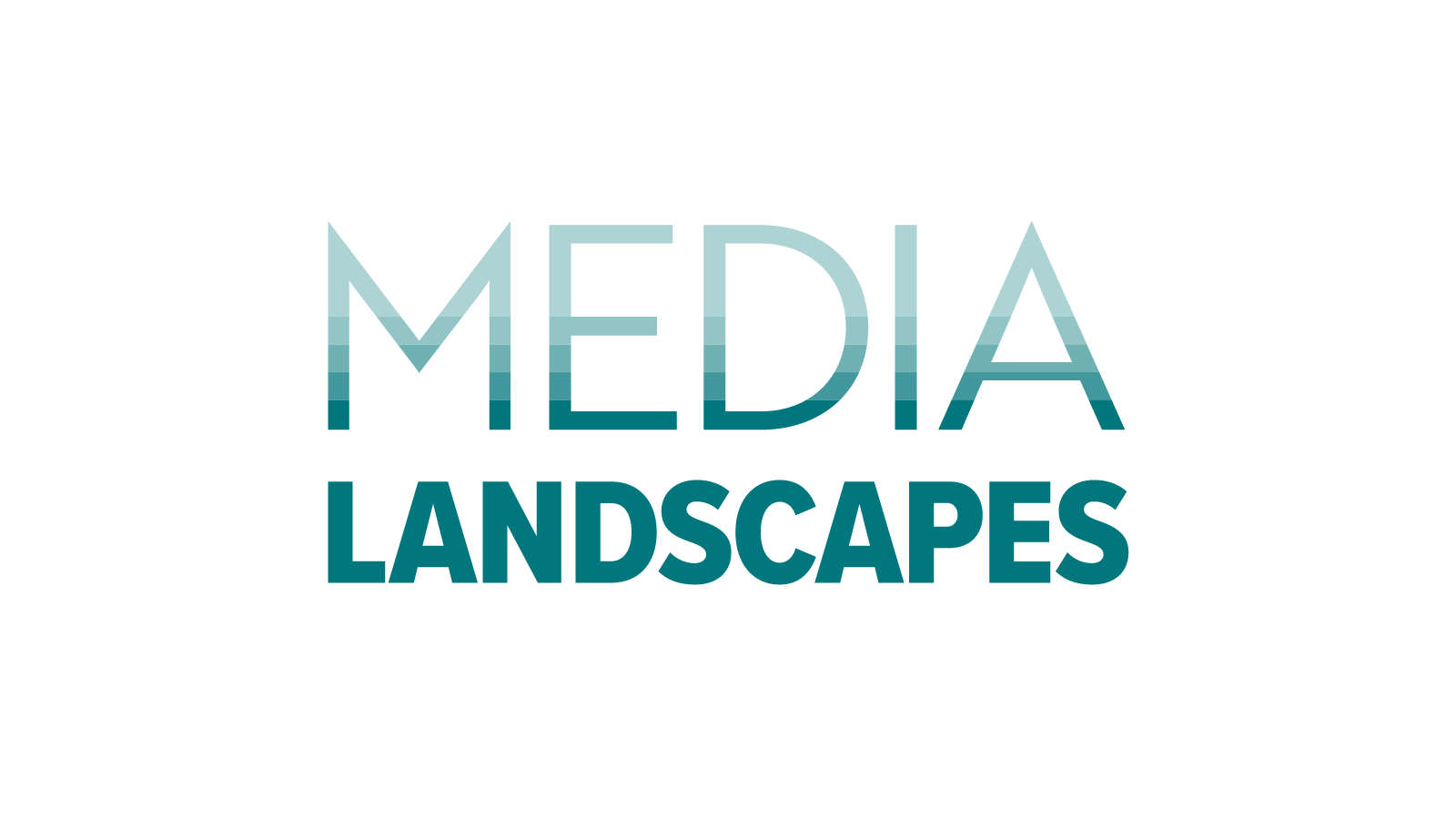- Took place Mar 30, 2022
- Media Landscapes
Academic librarians tell students to find information from scholarly journals, books, reputable newspapers, and authoritative websites but we don’t often stop to consider what effect that messaging is having on students, nor do we stop and reflect upon how our choice of source works to uphold the narrative approved of by the dominant culture while leaving out other voices, effectively silencing them.
Learning and reflecting on disinformation and how traditional thinking about information literacy instruction works to uphold particular narratives and points of view is hard work and takes time and space for deep thought and reflection. In order to deepen our own understanding of how disinformation works to support and uphold racist systems and propagate inequality, we started an internal staff discussion group around the Critical Disinformation Syllabus created by the Center for Information, Technology, and Public Life at the University of North Carolina. In this presentation, we will introduce the Critical Disinformation Syllabus and how we have adapted it to offer a low barrier opportunity for staff development, reflect on how we hope to change our approach to information and media literacy instruction, and share some approaches to interactions and instruction, resources, and activities that are a direct result of our work in this area.
Presenters

